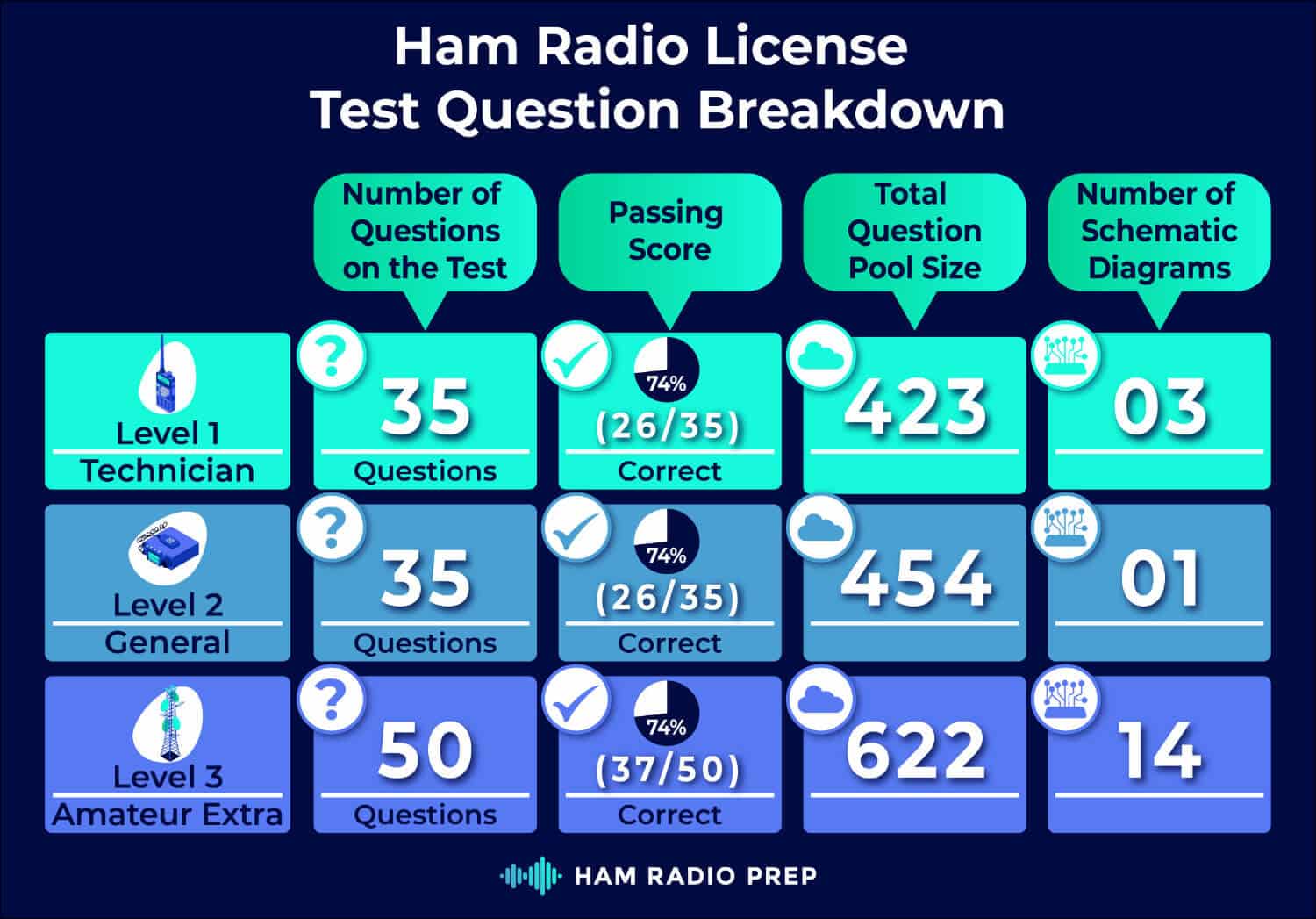Ham Radio is different. It’s fast and reliable. You’ll be hearing about events from people who live near where they’re taking place, or are witnessing it from their cars, as many ham operators carry in-car mobile radios.
Stay connected when disaster strikes— During hurricanes and other natural disasters, normal cellular and landline communications are disrupted. With a battery and a radio you can connect with loved ones near and far.
A sense of community and friendship— It’s not just about talking on a radio, although that’s a big part of it. You can participate in local radio activities, online communities, and regional/national meetups.
Always something new to learn and try— Amateur radio has so many facets, you’ll never be bored. From talking on local repeaters, experimenting with digital communications, and long-range contacts, there’s always something to do!
How do I get started?
We’re so glad you asked, becoming an amateur radio operator has never been easier! In April 2000, the number of license classes dropped from six to the current three, Technician, General, and Extra. In addition, as of February 2007, the FCC no longer requires a Morse code test to get a license. The FCC issued these new regulations to streamline the licensing system and bring the Amateur Radio service into the digital age.
Amateur radio (ham radio) is a popular hobby and service that brings people, electronics and communication together. People use ham radio to talk across town, around the world, or even into space, all without the Internet or cell phones. It’s fun, social, educational, and can be a lifeline during times of need.
Each class of license has its own set of frequencies or “bands” that you are allowed to operate on. A technician license allows access to the popular VHF & UHF repeater systems in your area as well as direct (or simplex) communications between 2 radios. Repeater systems take your transmitted signal and re-transmit it over a larger area so you can be heard by others who may be up to 50 or more miles away!
Both the technician and general license exam have 35 questions while the amateur extra has 50. Before taking your exam, you must sign up for a free FRN # from the FCC. The ARRL has a great article on how to get this setup.

Some of the books we recommend:
- Technician
- General
- Amateur Extra
For practice tests, QRZ.com offers an interactive practice test that takes you through the actual test questions you will take on your exam and tells you what areas you need to focus on. A free online account is needed to begin taking practice tests.
Once you’re ready to take your exam, just check out our events section or contact us to find out when the next license testing session with one of the area clubs is.